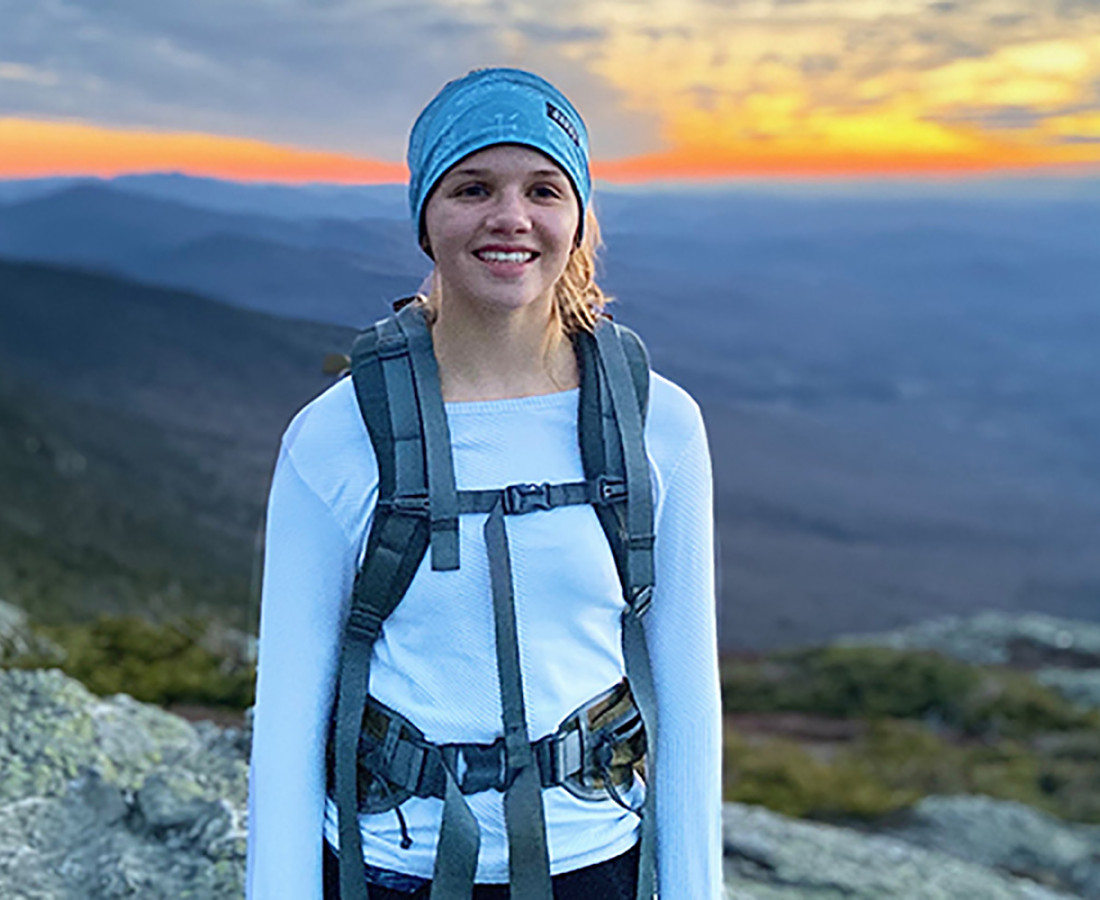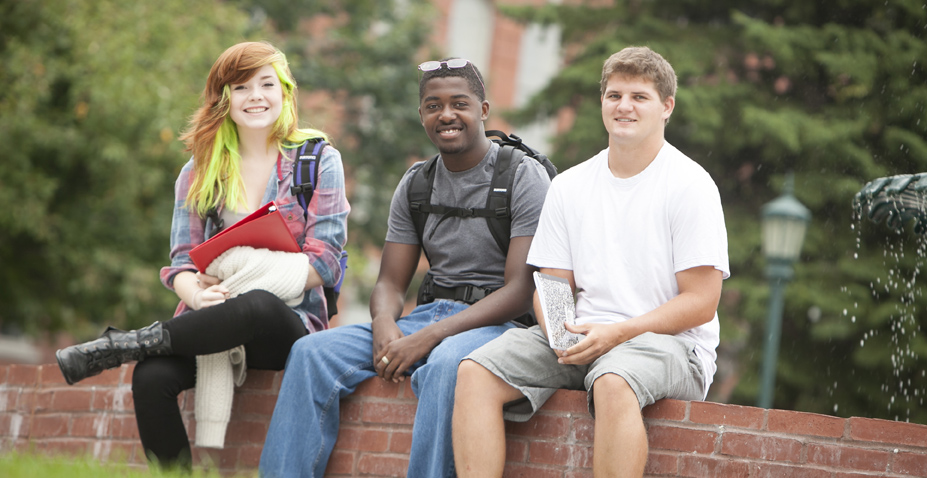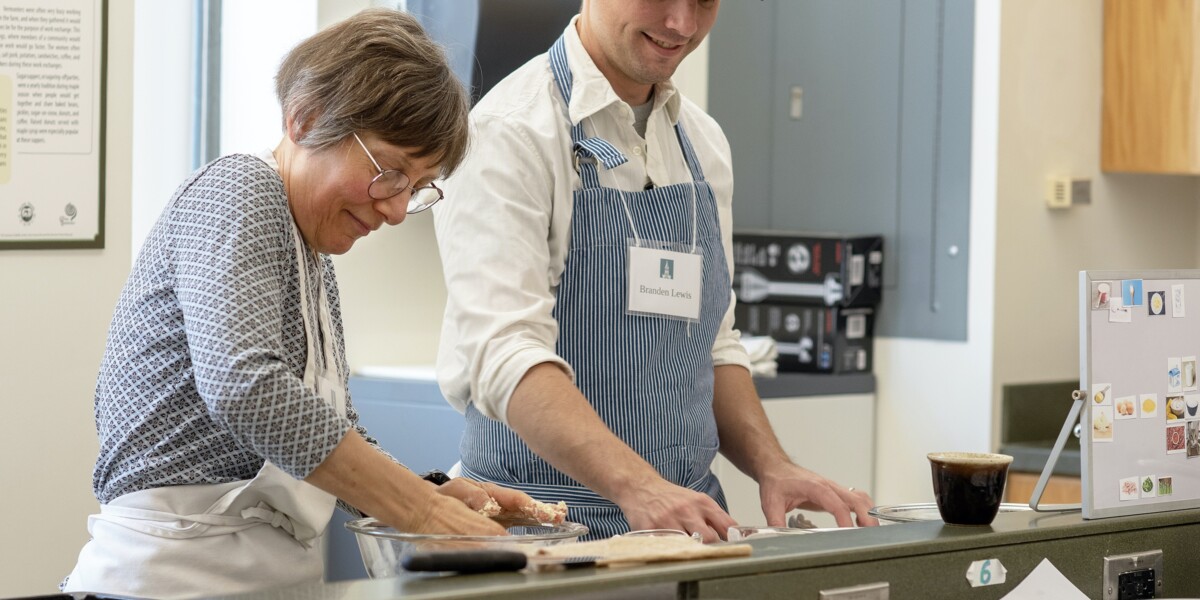One morning a week, about a dozen students gather for a neuroscience club meeting at Mount Mansfield Union High School in Jericho.
The club, which includes students in grades 9-12, explores everyday things in the study of neuroscience, such as sleep, memory, and behavior.
The club is the brainchild of Theresa Christiansen, a junior from Richmond who participated in the Adventures in Neuroscience course offered in the University of Vermont Summer Academy program last year.
This winter, Christiansen and fellow Mount Mansfield Union High School club members will head to the Vermont Brain Bee at UVM, which is a competition and a day of exploration for high school students who are interested in neuroscience and the functioning of the brain.
Christiansen credits the Summer Academy program with giving her the confidence and knowledge to explore neuroscience further.
“I’m very STEM-focused and I’ve always wanted to go into something along the lines of biology,” Christiansen says. “Neuroscience is something I became interested in more recently, and the UVM Adventures in Neuroscience class really helped me.”
UVM’s four-week course—with two weeks on campus and two weeks online—is offered to high school juniors and seniors who want to explore areas of study and earn transferable college credit. The course sparked Christiansen’s idea for the high school club, which she launched in the fall.
“UVM gave me knowledge and agency to take something like science—which is something I love—and share it with my community,” she says. “That’s why I started the neuroscience club at my school. The aim of the club is to take common experiences, like memory, sleep or color blindness, and look at it through a neuroscientific lens in a way that’s fun and interesting.’’
Studying Neuroscience at the University of Vermont Summer Academy
Summer Academy’s Adventures in Neuroscience course introduces students to the dynamic and diverse field of neuroscience. The online and on-campus hybrid course allows students to learn the basics of cellular, molecular and behavioral neuroscience, and gain hands-on experience in a lab performing experiments to ask basic neurobiology questions.
Christiansen also decided to enroll in the course to take advantage of Vermont Dual Enrollment, a statewide program for high school juniors and seniors to access up to two college courses with tuition fully reimbursed through a voucher system approved by their high schools.
“I enrolled in UVM’s Summer Academy program because I was looking for an opportunity to extend my learning,” she says. “The neuroscience class was a good opportunity to work with other motivated high school students, get some lab time in, work with professionals, and learn a lot.”
The Adventures in Neuroscience course, which runs July 6 – 31, not only focuses on how the nervous system works under normal circumstances but also how it functions in an individual suffering from neurological, neurodevelopmental, and psychiatric disorders.
“UVM exposed me to professional-level research and conducting experiments in the lab,” Christiansen says. “I would recommend it to anyone who enjoys learning and wants to get a bit of college experience. It gives you some hands-on exposure, plus you get to work with an expert while you’re actually taking a class and earning credit. It was challenging in a good way, and just a really cool, enriching experience.”




